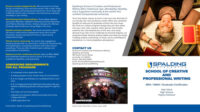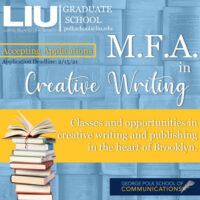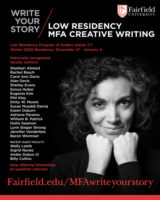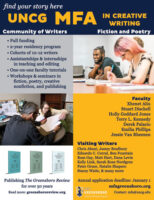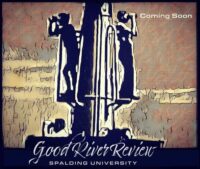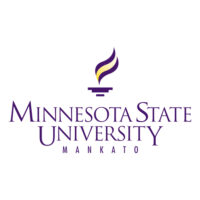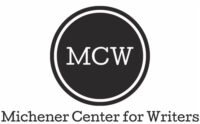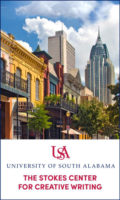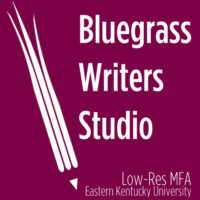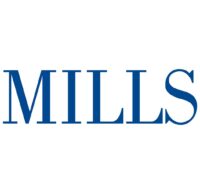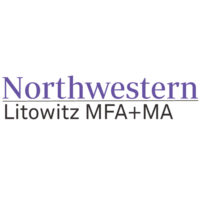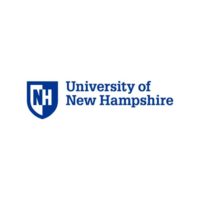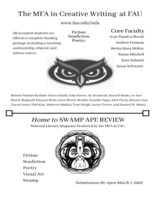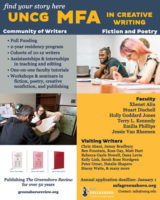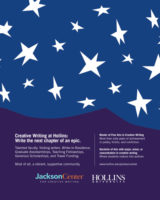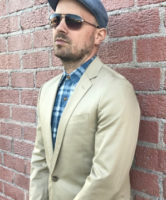Guest Post by Samantha Tucker
 When I applied to MFA programs, it was with the intention of finding a writing community. During my time at The Ohio State University, I was lucky to foster strong relationships with my classmates through our shared experience and dedication to the written word. To this day, I continue to edit and be generously edited by a group of talented writers, most of whom I met in my very first class, a nonfiction workshop with the writer Lee Martin.
When I applied to MFA programs, it was with the intention of finding a writing community. During my time at The Ohio State University, I was lucky to foster strong relationships with my classmates through our shared experience and dedication to the written word. To this day, I continue to edit and be generously edited by a group of talented writers, most of whom I met in my very first class, a nonfiction workshop with the writer Lee Martin.
But what is a writing community when the people sharing their art are only able to do so virtually? And when writers find themselves in the middle of so many American catastrophes, where do we find the urge to create at all? I asked Lee Martin, College of Arts and Sciences Distinguished Professor of English at Ohio State, for insight on his teaching and writing life during a pandemic.
How have your workshops/classes adapted to being online?
Lee: We seem to be adapting well. I love my students, and the level of engagement seems to be high. It’s not quite the same, of course, as sitting around a table, but we’re doing fine. I’ve had some students comment on how our Zoom meetings give them a chance to feel a part of our writing community, so that’s a good thing. I just wish we could do the things we used to do—go out for $4 burger night at Brazen Head Pub, have spaghetti dinners at my and Cathy’s house, have bowling parties, etc. Ah well, I hope we’ll be able to do those things and more very soon.
How has your writing changed, if at all?
Lee: I find myself writing steadily as a way of escaping the reality of what’s going on in the world around me. It’s a comfort to me to escape into the worlds of my own making in novels and stories set before the pandemic. I’m only now working on something more current that, of course, will eventually have to face the pandemic head-on.
What are your words of wisdom as to finding the space in this chaos to create art?
Lee: I’ve been thinking a lot about how to stay in the present moment of what delights me rather than thinking about all that depresses me or makes me fear for the future. Silence is a good thing. If we can find those places of silence we can fill them with the efforts of our own choosing rather than the worries and the fears that the current climate places upon us. Today, for instance, Cathy and I went out to Inniswood Metro Gardens and disappeared into the natural world and immediately felt our breath coming more easily. Such places and moments are all around us. All we have to do is look for them.
Reviewer bio: Samantha Tucker is an anti-racist essayist in Columbus, Ohio. Find her words at www.theamericandreamstartshere.com.
